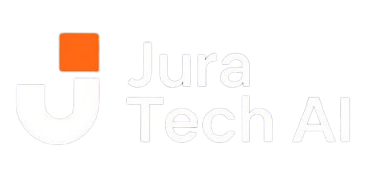Ethical AI: Balancing Progress with Responsibility
The Ethics of Innovation
AI offers immense potential, but with great power comes great responsibility. Ethical AI ensures fairness, transparency, and accountability in its applications, fostering trust among users and stakeholders alike.
Principles of Ethical AI
- Fairness:
- AI systems must avoid biases in decision-making, such as those based on gender, ethnicity, or socioeconomic factors.
- Example: An AI hiring tool was retrained to eliminate biases that favored certain demographics.
- Transparency:
- Users should understand how AI systems make decisions. This includes explaining algorithms in simple, clear terms.
- Accountability:
- Organizations must take responsibility for the outcomes of their AI systems, addressing issues promptly and effectively.
Real-World Impact of Ethical AI
A healthcare client used an AI-driven diagnostic tool that flagged patients for further testing. By adhering to ethical principles, the tool reduced false positives by 30%, enhancing trust in the technology.
Conclusion
Ethical AI isn’t just a choice—it’s a necessity for sustainable innovation. Organizations that prioritize ethics will not only succeed but lead with integrity.

